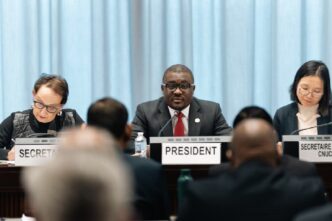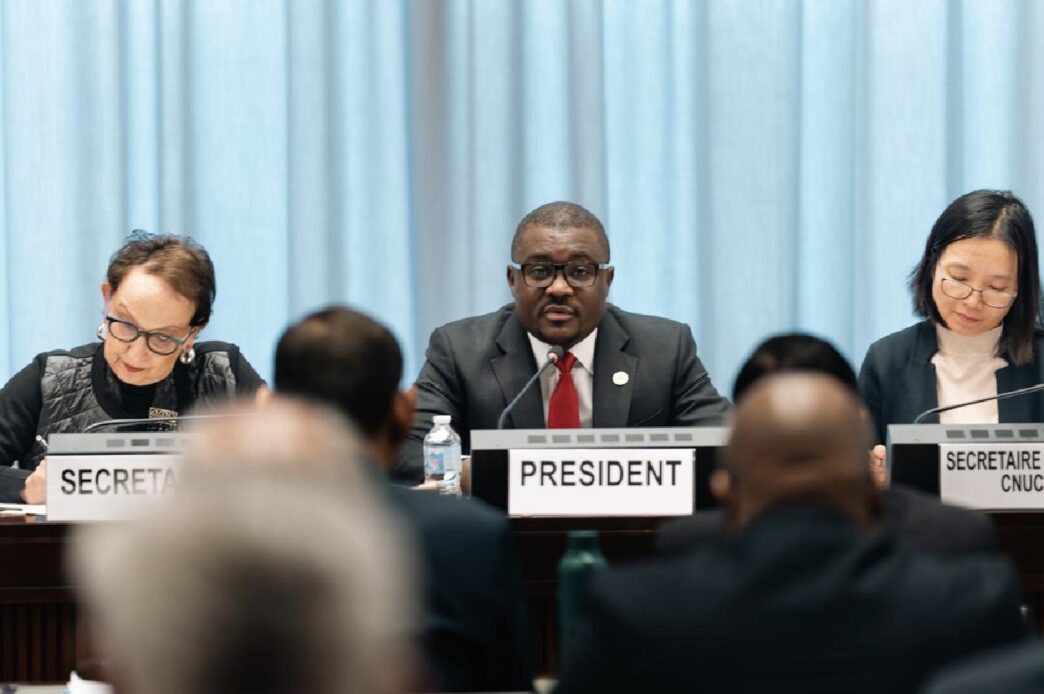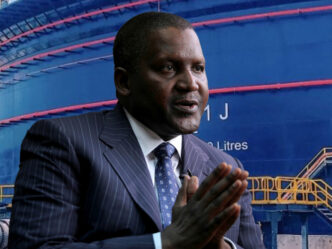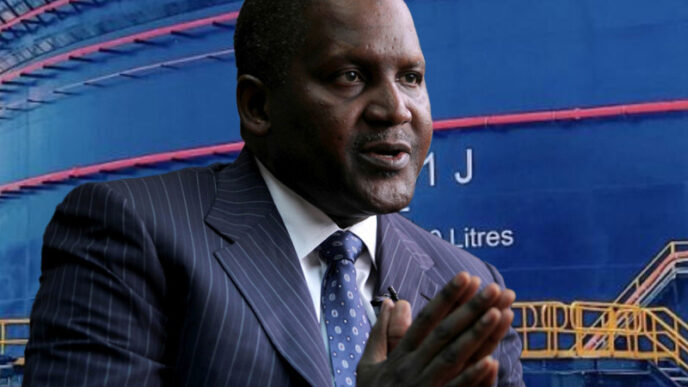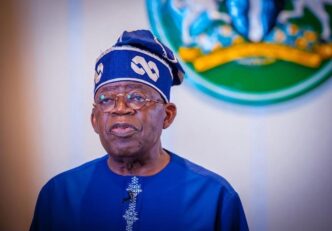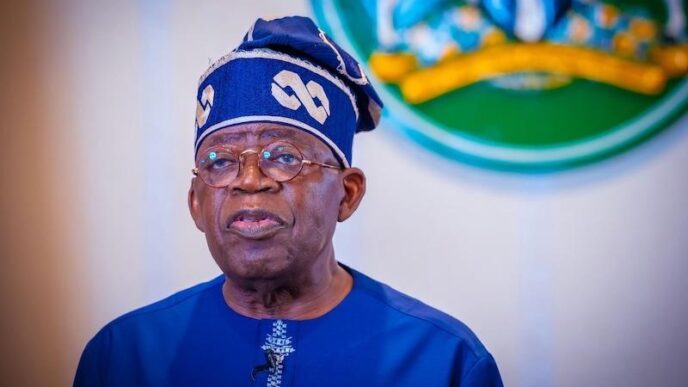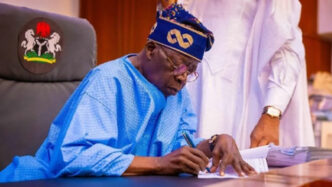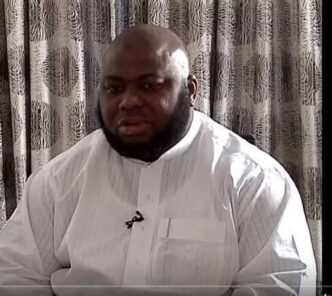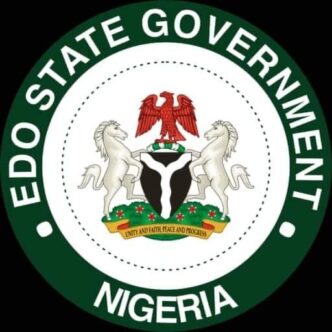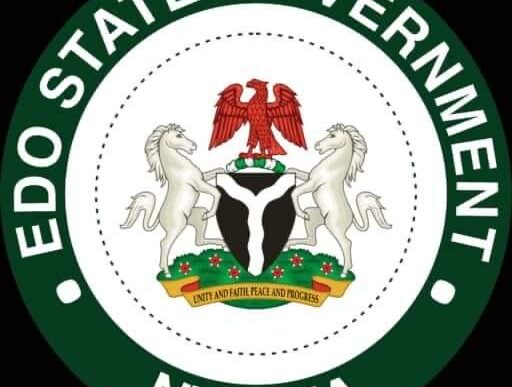Rabiu Olowo, Chief Executive Officer (CEO) of Financial Reporting Council of Nigeria (FRC), has formally concluded his tenure as chair of the 41st session of United Nations Intergovernmental Working Group of Experts on International Standards of Accounting and Reporting (ISAR).
Gatekeepers News reports that the handover to Rogelio Quevedo, Commissioner of the Philippines’ Securities and Exchange Commission (SEC), took place at the United Nations Palais des Nations in Geneva, Switzerland.
FRC described Olowo’s term as a historic milestone for Nigeria, highlighting the country’s leadership in advancing global financial transparency and sustainability reporting standards.
In November 2024, Olowo was elected chair of the ISAR session, reflecting his extensive experience in corporate reporting and his work in transforming the FRC into a globally recognized regulatory institution.
At the opening of the 42nd session, Olowo thanked Rebeca Grynspan, Secretary-General of the UN Conference on Trade and Development (UNCTAD), ISAR secretariat, and member states for their commitment to high-quality financial and sustainability reporting.
Olowo said, “Over the past one year, our collective efforts were guided by two central priorities: Advancing the harmonisation and practical implementation of sustainability reporting, assurance, and ethical standards; and Supporting the integration of financial and sustainability reporting through digitalisation.”
“These priorities reflect our shared commitment to strengthening market trust, enhancing accountability, and supporting sustainable development.”
During his tenure, ISAR-41 made significant strides, including fostering dialogue on interoperability among sustainability frameworks such as the ISSB standards and the European Sustainability Reporting Standards (ESRS).
Collaboration with International Ethics Standards Board for Accountants (IESBA) strengthened ethical practices in sustainability assurance, while initiatives incorporating UNCTAD’s sustainability reporting taxonomy supported digital integration and machine-readable reporting formats.
Olowo also represented ISAR at ECOSOC’s coordination segment earlier in 2025, where discussions focused on promoting coherent sustainability reporting across UN systems and advancing the 2030 Agenda for Sustainable Development.
Looking ahead, he emphasised that ISAR’s work would continue to enhance accountability and transparency in global markets, with the 42nd session focusing on the harmonisation of sustainability reporting requirements and the integration of biodiversity and human capital considerations.
Olowo said, “ISAR’s ongoing work will continue to strengthen accountability and transparency in global markets”, urging participants to approach the new session with clarity, unity, and dedication to ensure the integrity of global financial systems and the wellbeing of societies worldwide.
FRC noted that Nigeria’s active participation in ISAR underscores its commitment to shaping global standards in financial and sustainability reporting.

